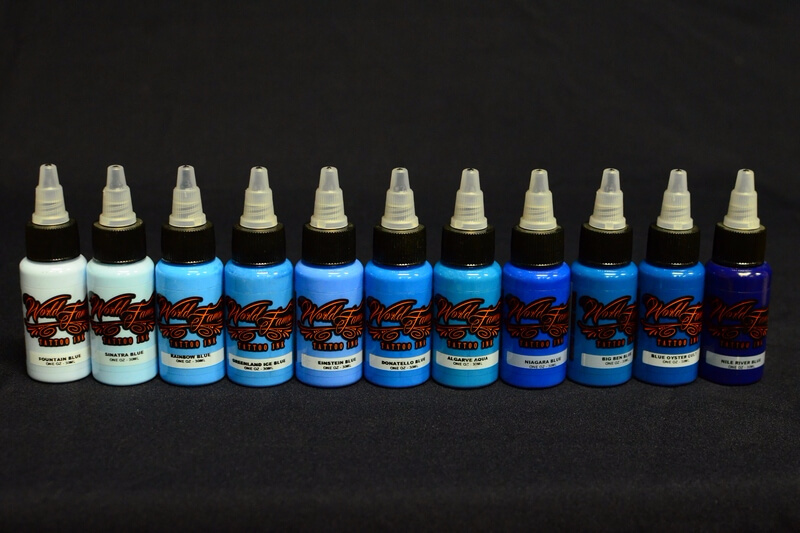One of the most important decisions when getting a tattoo is selecting the right tattoo pigments or tattoo inks. The pigments determine the colors and the overall look of your tattoo design. With a plethora of options available, choosing the right tattoo inks can be a daunting task. In this blog, we will demystify the world of tattoo inks and provide insights to help you choose the right pigments for your tattoo design.
Understanding Tattoo Pigments: Tattoo pigments are substances that provide color to the ink used in tattooing. These pigments are carefully selected for their vibrancy, stability, and compatibility with the skin. Tattoo inks are composed of a combination of pigments, carrier fluids, and additives. The pigments are responsible for the actual color of the tattoo, making them a crucial factor in achieving the desired aesthetic.
Considerations for Choosing Pigments:
- Color Intensity and Vibrancy: The intensity and vibrancy of the color depend on the pigment’s concentration and quality. High-quality pigments with a high concentration will result in bold and vibrant tattoos. Consider the saturation and brightness of the pigments to ensure they align with your desired design.
- Colorfastness and Longevity: It’s important to choose pigments that have good colorfastness and longevity. High-quality pigments will retain their vibrancy over time and resist fading. Research the reputation of the brand and read reviews to ensure the pigments you choose have a track record of durability.
- Skin Tone Considerations: Different pigments may appear differently on various skin tones. Consider how the pigments will interact with your skin tone to achieve the desired effect. Consult with your tattoo artist, who can provide guidance based on their experience and knowledge of color theory.
- Allergies and Sensitivities: Some individuals may have allergies or sensitivities to certain pigments. It’s important to discuss any known allergies or sensitivities with your tattoo artist beforehand. They can perform a patch test to determine if you have any adverse reactions to specific pigments.
- Compatibility with Tattoo Style: Different tattoo styles may require specific pigments to achieve the desired effect. For example, watercolor tattoos may require pigments with a more diluted consistency, while blackwork tattoos may rely heavily on black pigments. Consider the style and theme of your tattoo design when selecting pigments.
Consulting with Your Tattoo Artist: Your tattoo artist is your best resource when it comes to selecting the right pigments for your design. They have extensive knowledge and experience working with various pigments and can offer valuable insights based on your preferences and tattoo goals. Communicate your ideas, desired colors, and any concerns you may have, allowing your tattoo artist to guide you in choosing the ideal pigments.





